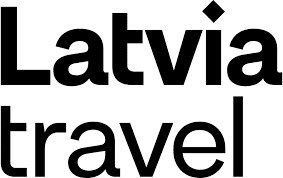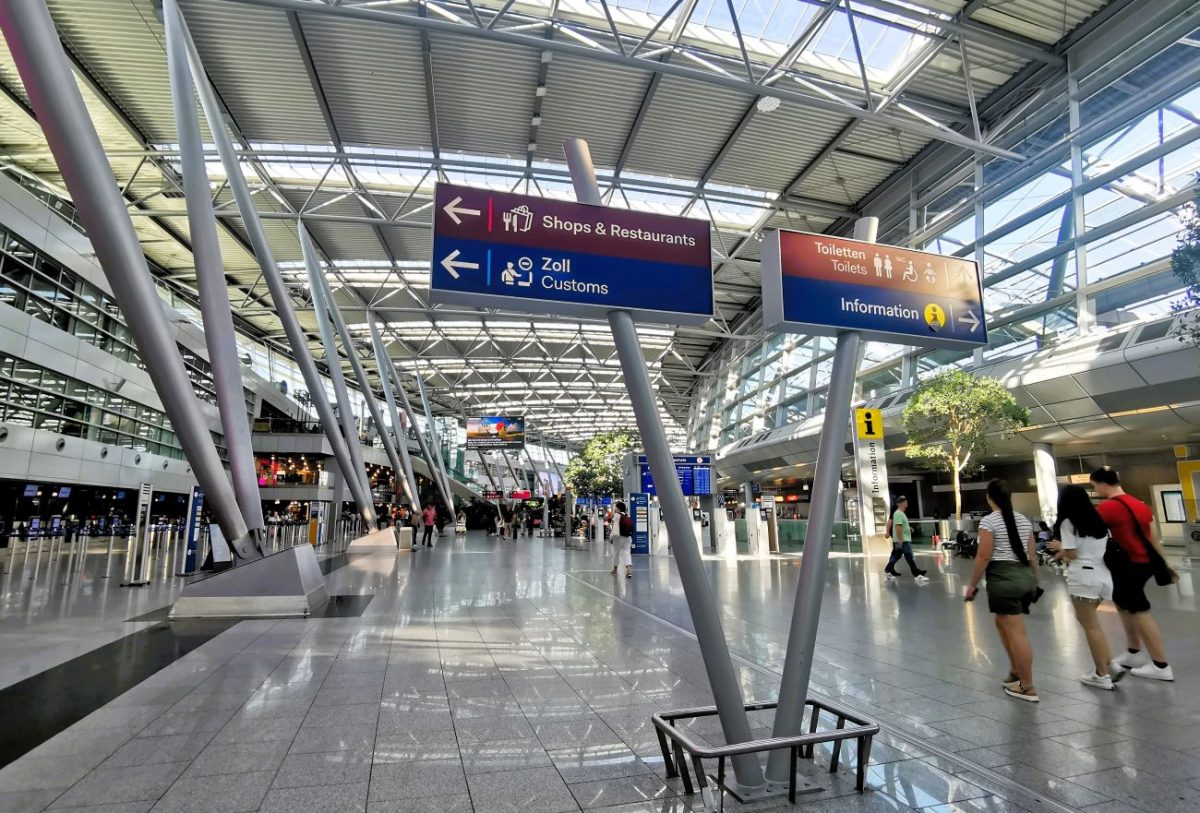Massive road and rail projects threaten thousands of Africa’s wildlife reserves

We must block the most destructive plans and limit avoidable impacts on natural areas – before it’s too late, writes Bill Laurance in the Ecologist.
Africa is facing an unprecedented surge in road and railway building with 33 huge ‘development corridors’ planned that threaten 2,400 of the continent’s protected wildlife areas, writes Bill Laurance, James Cook University – in the Ecologist.
Africa is changing faster than any continent in human history, and the next few decades will be crucial. We could promote sustainable and equitable development – or end up with an impoverished continent whose natural values have been irretrievably lost.
Africa’s natural environments and spectacular wildlife are about to face their biggest challenge ever.
In a paper published late last year in Current Biology, my colleagues and I assess the dramatic environmental changes that will be driven by an infrastructure-expansion scheme so sweeping in scope, it is dwarfing anything the Earth’s biggest continent has ever been forced to endure.
Africa’s population is exploding – expected nearly to quadruple this century, according to the United Nations. With that, comes an escalating need to improve food production and food security.
In addition, Africa today is experiencing a frenzy of mining activity, with most of the investment coming from overseas. China, for instance, is investing over US$100 billion annually, with India, Brazil, Canada and Australia also being big foreign investors.
To feed its growing population and move its minerals to shipping ports for export, Africa needs better roads and railroads. When located in the right places, improved transportation can do a lot of good.
It makes it easier for farmers to get access to fertiliser and new farming technologies, and cheaper to get crops to urban markets with less spoilage. It can also encourage rural investment while improving livelihoods, access to health services, and education for local residents.
There’s no such thing as a free ride. For Africa, the dangers of the development corridors are profound. Even if well executed, we estimate that the current avalanche of corridors would slice through over 400 protected areas and could easily degrade another 2,000 or so. This bodes poorly for Africa’s wildlife and biodiversity generally.
Beyond this, the corridors will encourage human migration into many sparsely populated areas with high environmental values. The wild card in all this is the hundreds of billions of dollars of foreign investments pouring into Africa each year for mining. Even if a corridor is likely to yield only modest benefits for food production, it may be very difficult for governments and decision makers to say no to big mining investors.
The bottom line: it could be a fraught battle to stop even ill-advised development corridors, though not impossible. If we shine a bright light on the corridors and argue strongly that those with limited benefits and large costs are a bad idea, we may succeed in stopping or at least delaying some of the worst of them.
This is unquestionably a vital endeavour. Africa is changing faster than any continent has ever changed in human history, and it is facing unprecedented socioeconomic and environmental challenges.
The next few decades will be crucial. We could promote relatively sustainable and equitable development – or end up with an impoverished continent whose iconic natural values and wildlife have been irretrievably lost.
Green tourism seminar announced for Italy 2016: Green tourism destinations trade showcase open soon: Green trade opportunity – all-inclusive green Italy healing holidays:
Valere
Have your say Cancel reply
Subscribe/Login to Travel Mole Newsletter
Travel Mole Newsletter is a subscriber only travel trade news publication. If you are receiving this message, simply enter your email address to sign in or register if you are not. In order to display the B2B travel content that meets your business needs, we need to know who are and what are your business needs. ITR is free to our subscribers.








































Airlines suspend Madagascar services following unrest and army revolt
TAP Air Portugal to operate 29 flights due to strike on December 11
Qatar Airways offers flexible payment options for European travellers
Airbnb eyes a loyalty program but details remain under wraps
Air Mauritius reduces frequencies to Europe and Asia for the holiday season